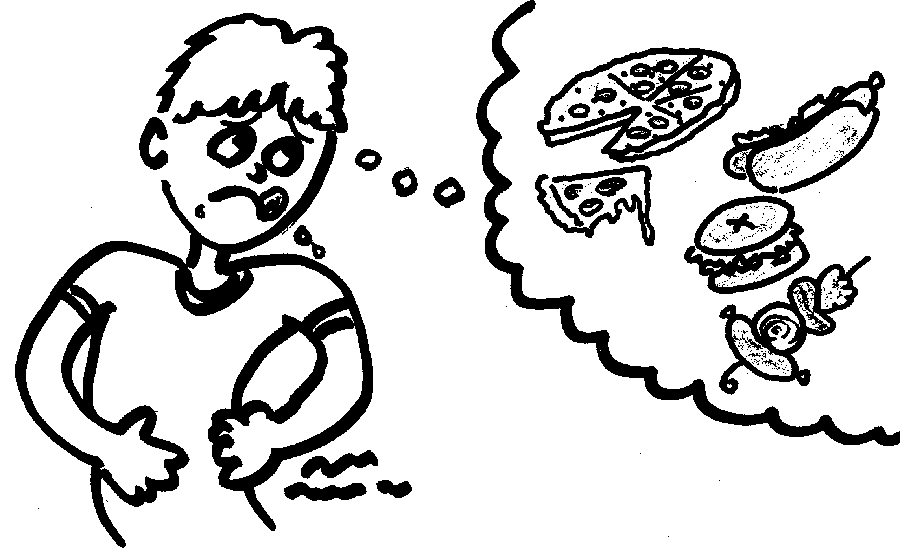Some facts about Thai Language
Sa-wad-dii ka! Hello!
My name is Shaye, I’m teaching Thai in Sydney Language Solution for while now and here’s my first blog on this Website. I used to write several blogs before I moved overseas and maybe it started my interest in language.
For my first blog entry, I’d like to tell you several facts about Thai Language.
1. Thai is a tonal language
I’m pretty sure many people and schools talk about this. Getting the tone right is very important in our language. It’s not just about the accent but it’s about the actual meaning of the word. We have many jokes about how people get the tone wrong and it got translated into something totally weird (or extremely funny). The most common one is:
 maa1 (มา) means to come
maa1 (มา) means to come
and
 maa5 (หมา) which means dog.
maa5 (หมา) which means dog.
Now that you know about this fact, you better not get the tone wrong – ever!
So, if you are thinking of getting your own lessons, make sure those books have tone marks on them.
2. Thai words are repetitive
I did not realized this until one day; I got a requested from a friend to translate a beautiful Thai song. The translation was so cheesy and repetitive in English and it just sounds awful. My students also pointed this out, and so what I told them was…
“Thai language is very repetitive and exaggerative.” – it’s true, we love it!
In Thai, you can repeat adverbs and adjectives as much as you want until you are happy with how you want to exaggerate the situation or story. Such as;

I am so so so so so so so so so so so so so so so so so so so hungry – and more. Also, sometimes we drag the word longer, in order to exaggerate it.
3. Speaking Thai and Writing Thai are not the same – mostly.
 There are many reasons why you should learn Thai with a native speaker and not with books or recorders but one of the most important reason why is because the way we write and speak are not the same. You could still use any books out there to learn Thai or from many clips on Internet these days, but after a long search I’ve found that over 90% of them are not useful for speaking.
There are many reasons why you should learn Thai with a native speaker and not with books or recorders but one of the most important reason why is because the way we write and speak are not the same. You could still use any books out there to learn Thai or from many clips on Internet these days, but after a long search I’ve found that over 90% of them are not useful for speaking.
You will be able to understand, but you will hardly hear us speak that way – so why waste it in learning those?
4. Thai language is all about culture, emotion and respect.
Now, since I talked about speaking Thai and writing Thai, I cannot miss talking about what our language is based from. If you know a little bit about Thai language, you’d know that we have a polite particles (ka – for girl and krap – for guy) we put in the end of sentences (there are many others ending particles but polite particles are only these two). We will change the way we speak (wordings and sentences structure) depending on who we are talking to or the situations we are in. Casual talk, is one thing, Family talk is another thing and talking to Monk is totally different. But mostly, all of them based on respect you have towards another person.
Once you learn it, you’d be amazed in how many cultures we’ve putting in our language. Personally, I’d say that people who able to learn Thai effectively are people who understand our culture base.
So, learning in class together with other students are the perfect way of learning Thai effectively. I enjoy explaining the class about our cultures and situations a lot. It’s probably one of the best parts about teaching Thai to foreigners. If you’re gonna learn it, I hope people would learn them right. If there’s any questions about Thai language, I’m more than happy to answer and explain to you!
That’s it for now! Bye-ka!
Shaye.



Latest Comments